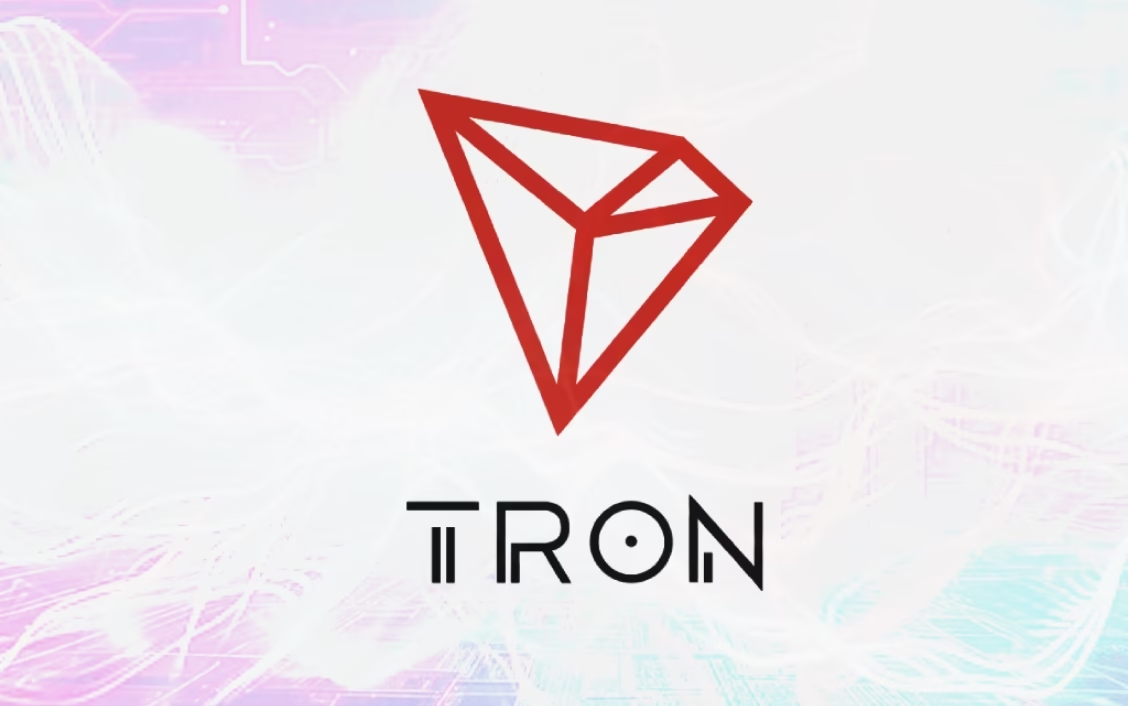TRON (TRX)
Tron is a decentralized, blockchain-based, open-source protocol that supports a variety of blockchain networks and smart contract systems, including Bitcoin, Ethereum, EOS, and Qtum. It utilizes a delegated proof-of-stake (DPoS) consensus algorithm and features a native cryptocurrency called Tronix (TRX).
History of Tron
Establishment and early developments
Tron was founded by Justin Sun in March 2014. In July 2017, the Tron Foundation was established in Singapore, a non-profit organization dedicated to overseeing and supervising the protocol. Tron raised $70 million through an initial coin offering in 2017.

| Ticker | TRX |
| Category | Smart Contract Platform |
| Website | https://tron.network |
| @trondao | |
| Telegram | tronnetworkEN |
| https://www.reddit.com/r/Tronix |
Mainnet launch and acquisitions
In 2018, Tron launched its blockchain Explorer "testnet," Web Wallet, and Mainnet, marking the release of Odyssey 2.0. The protocol transitioned from an Ethereum-based ERC-20 token to its own independent peer-to-peer network. Tron also acquired BitTorrent, a peer-to-peer file-sharing service, in July 2018.
Further developments
In 2019, Tron had a market presence with a significant market cap. BitTorrent started its own token sale on the Tron network. Tron 4.0 launched in July 2020, introducing zk-SNARKs technology for enhanced privacy and faster block confirmation times. In 2022, USDD, a new cryptocurrency, was created on the Tron blockchain, and TRX was recognized as a digital currency in the Commonwealth of Dominica.
Architecture of Tron
Technical structure
Tron utilizes a three-layer architecture comprising the storage layer, core layer, and application layer. The storage layer is optimized for handling complex data storage, while the core layer manages the blockchain's fundamental tasks, including its consensus mechanism. The application layer assists developers in interacting with the Tron ecosystem effectively.
Tron Virtual Machine (TVM) and zk-SNARK technology
The Tron Virtual Machine (TVM) is a lightweight, Turing complete virtual machine designed for Tron’s ecosystem, offering stability, security, and scalability. Tron 4.0 introduced the TRONZ privacy protocol using zk-SNARK technology, enabling decentralized transaction confirmation without sharing private data.
Use cases of Tron
TRONIX-TRX token
TRONIX (TRX) is the mainnet token of the Tron protocol, serving as the fundamental unit of accounts. It acts as a medium of exchange for all TRC-based tokens and powers transactions and applications within the Tron ecosystem. TRX is widely accepted by various companies and supported by multiple wallets.
Smart contracts
Tron’s blockchain technology enables the deployment of smart contracts for decentralized applications, including online games and decentralized apps. The platform supports Solidity-based smart contracts, and tools like TRON Studio provide a user-friendly interface for developers.
Tron gambling dapps
The Tron blockchain supports decentralized applications like the WINk platform, which offers various betting games. Users can participate in games and benefit from dividend payouts by staking tokens like TRX and LIVE.
Tron exchanges
Tron’s smart contracts ensure transparency and automation in transactions. Decentralized exchanges such as Poloniex facilitate the exchange of Tron tokens for TRX without transaction fees, with all transaction records securely stored on the blockchain.
Tron MMORPG and NFT marketplaces
Tron has been used as a base for MMORPGs like Tron Legend, showcasing its potential for gaming applications. Tron’s NFT marketplaces allow creators to tokenize their works, benefiting from features like multi-currency support and high liquidity.
